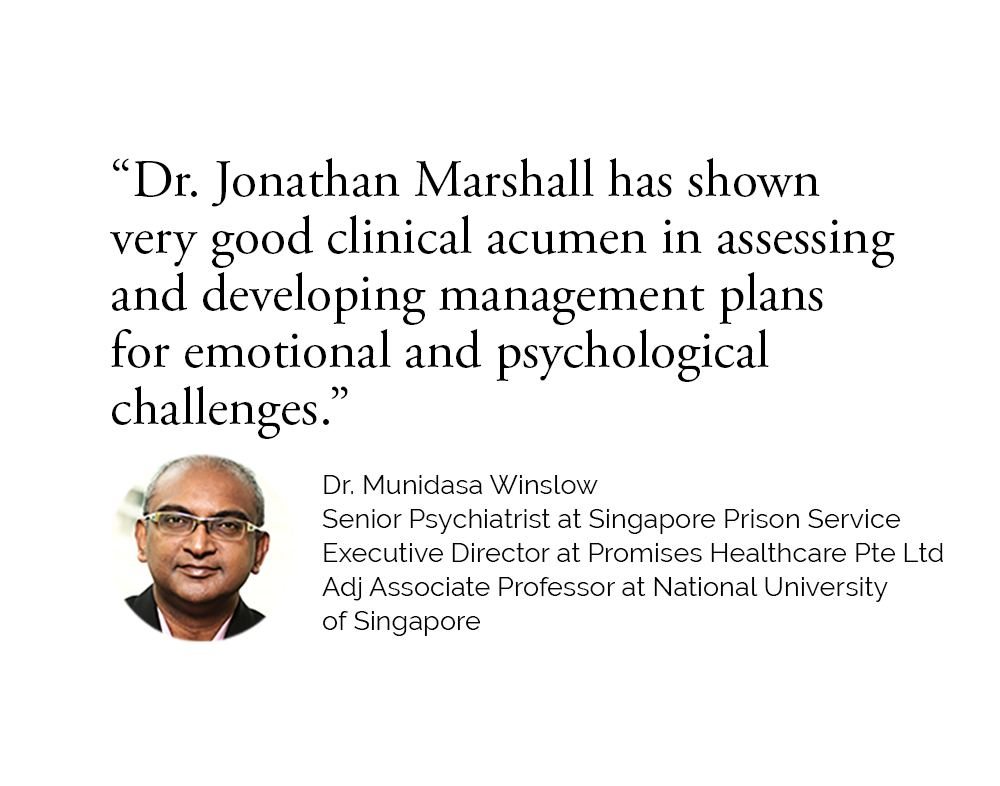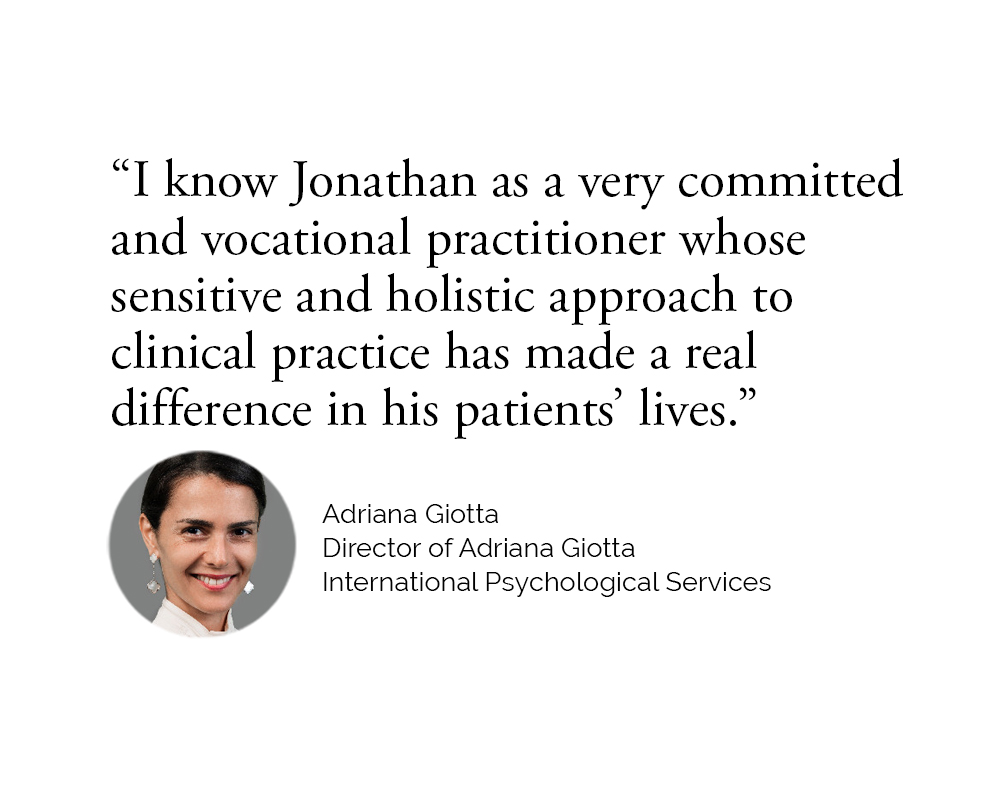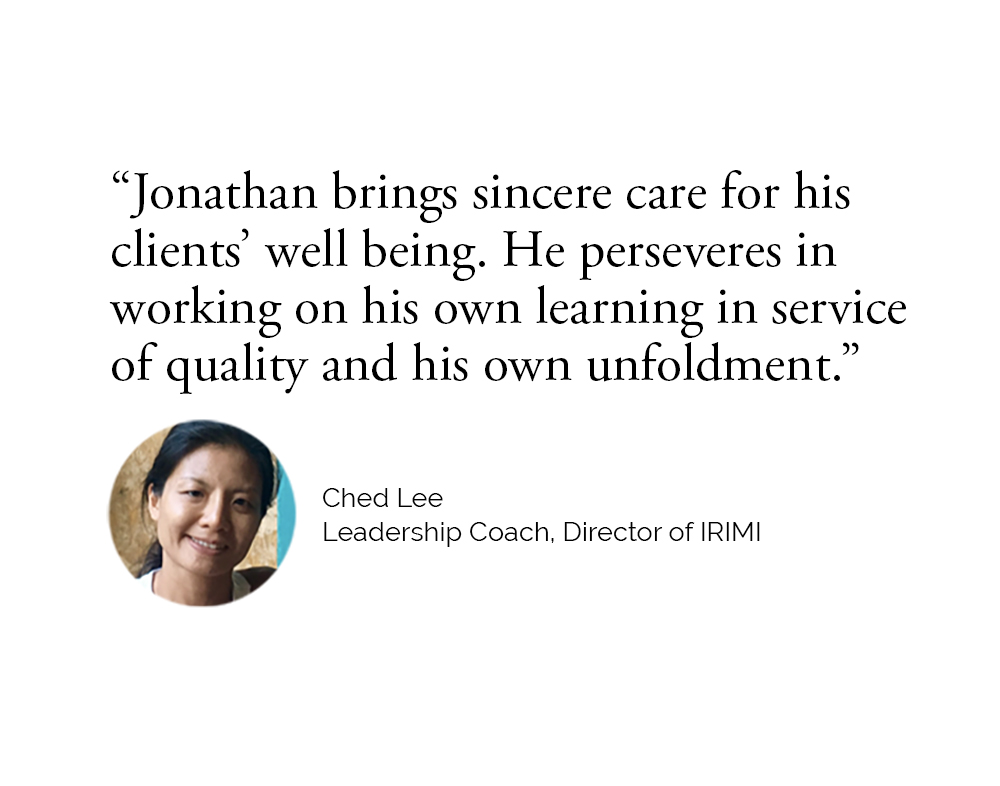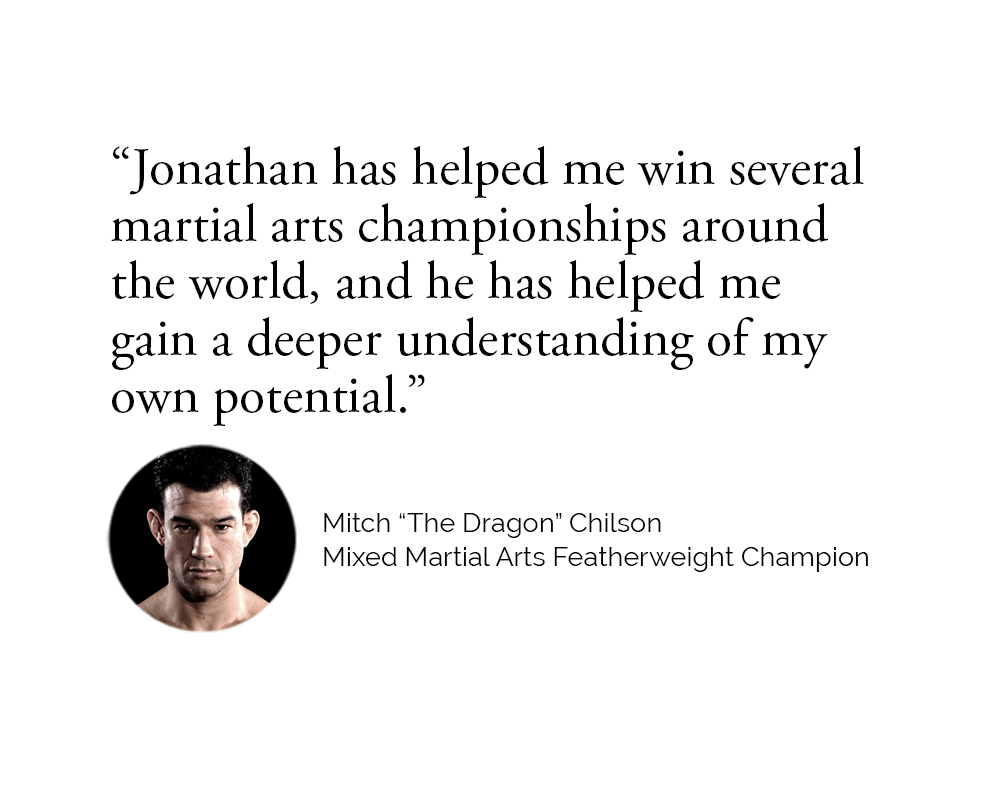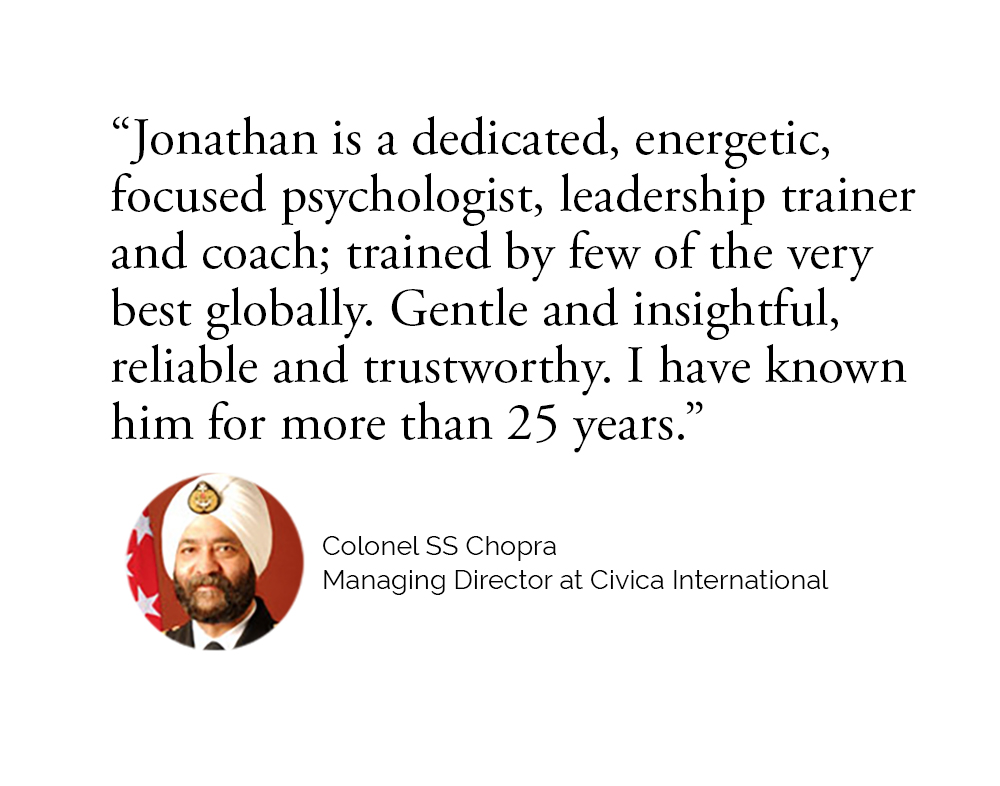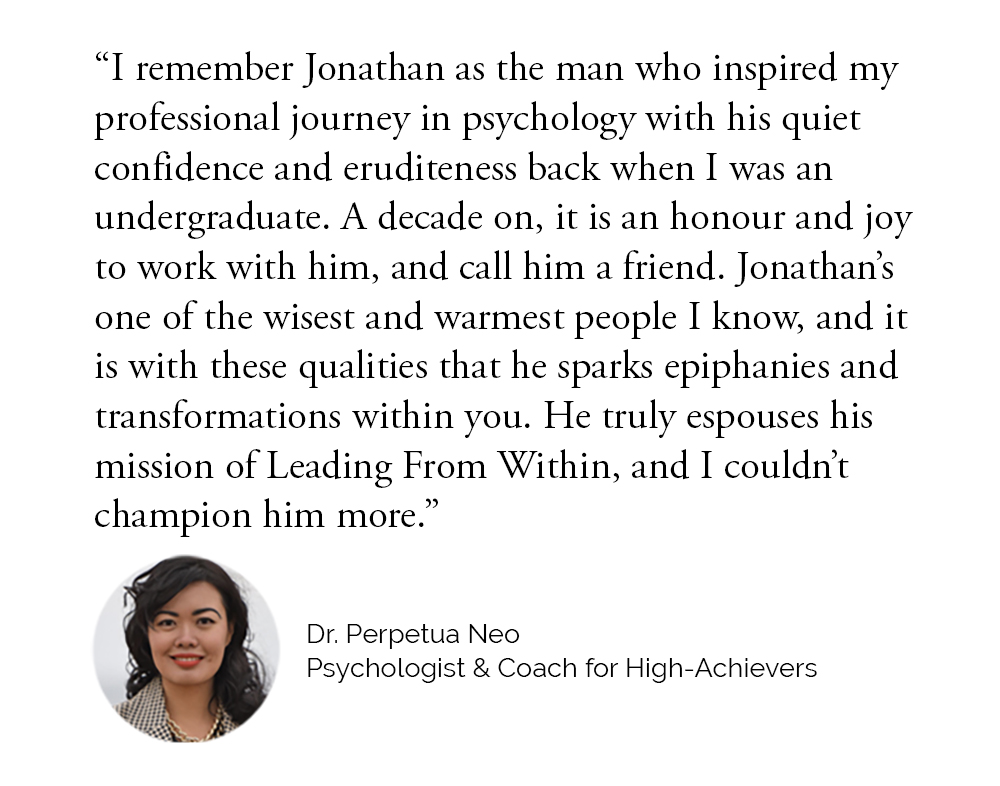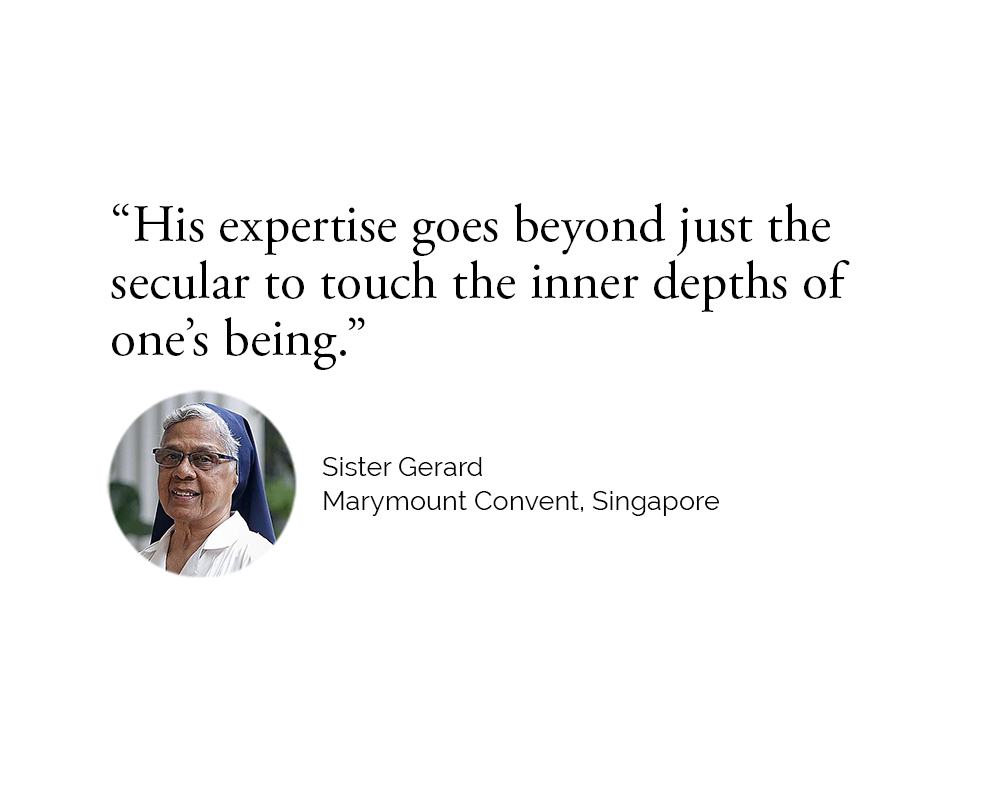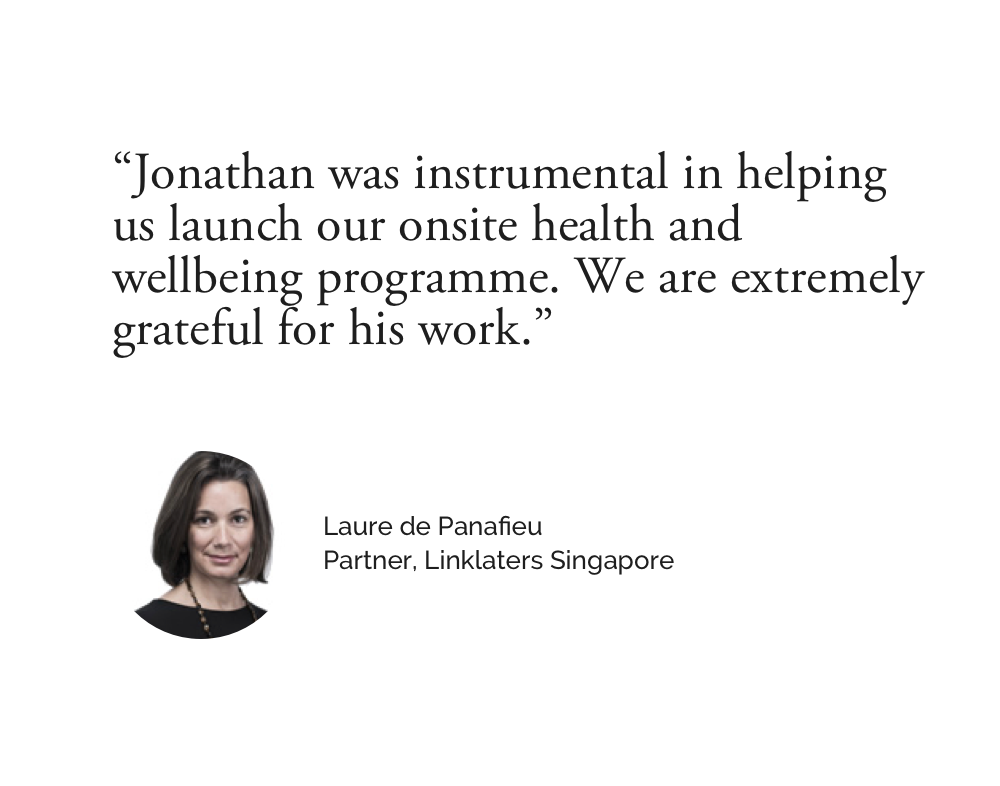Psychological struggles are more common than most people realize. I work with clients to overcome those struggles and live happier, healthier, more productive lives.
If you would like to work together, we will collaborate to create an individualized treatment for you. Some clients prefer very practical approaches to psychotherapy; those may involve homework, readings, and, possibly, role-plays. For others, a more insight-oriented or relational approach works better. And for clients working with unconscious conflicts, medical conditions effected by their state of mind, or challenges accessing their creativity, clinical hypnosis and mind-body practices can be very useful.
Which Therapy?
I have trained in each of the five major schools of western psychotherapy (approximately 20,000 hours training) and I draw from my experience with mindfulness practices. Working with managed care organizations in the USA, I focused on currently popular cognitive-behavioral therapy. However, I naturally tend towards the early influences of my psychology training: existential and interpersonal psychotherapy. I find they bring out greater change.
Three people significantly influenced my growth as a psychotherapist. They are the former head of the lab I worked in at Stanford, Irv Yalom.
He founded American existential psychotherapy and was a significant influence in group psychotherapy. He is also one of the most popular authors of psychotherapy fiction. My doctoral supervisor, David Spiegel, who was the head of the lab by the time I showed up, is focused on the mind-body connection, medical hypnosis, and existential issues. And Jerry Downing, while less know than the other two, an inspiring integrationist and compassionate clinician.
Psychotherapy is still advancing and we are only now understanding advantage that can occur through somatic work. While I engage in talk therapy, I may encourage my clients to learn more about how they may use their bodies to develop and heal faster.
I continue to take about several courses a year to keep my skills growing, and I often dovetail into my work elements from the following modalities of therapy:
Clinical hypnosis
Ego-state therapy
Eye movement desensitization and reprocessing therapy (EMDR)
Focusing (Gendlin)
Schema therapy
“When we are truly present, we leave the noise of our minds and connect better to others and to ourselves; a feeling of aliveness grows and even the mundane feels precious.”
Feeling a prolonged sense of helplessness or sadness
Problems don't seem to get better despite efforts and help from family and friends
Difficulty concentrating on work assignments or other everyday activities
Worrying excessively, expect the worst or constantly feeling on edge
Harming yourself or others by, for example drinking too much alcohol, using drugs or being aggressive
TYPICAL SIGNS THAT YOU MAY BENEFIT FROM THERAPY
COMMON CLINICAL CONCERNS
Addictions
Attention deficit and hyperactivity (ADHD)
Anxiety (including panic)
Depression
Eating & feeding disorders
Obsessions & compulsions
Relationship & marital concerns
Sexuality (LGBTQIA+ and kink-friendly)
Trauma and dissociation
Personality and communication issues
Psychological issues that have a medical impact


